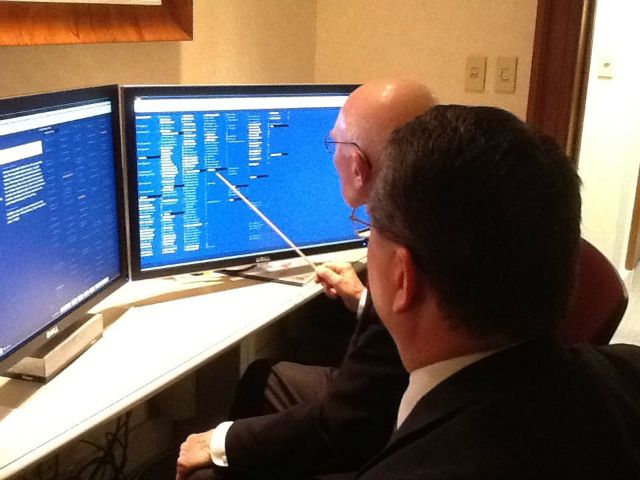Question
Gramps,
When did the Church start teaching that all worthy and able young men should serve a mission? I heard that prior to maybe the 60’s or 70’s there wasn’t any prophetic counsel that said it was an obligatory priesthood duty. My husband’s dad, who is born in the early 1940’s said that he never served a mission because it was just never expected of them and they were not taught that they should.
Ingeborg
Answer
Ingeborg,
In the gospel of Jesus Christ a common theme from the Lord is the notion of learning line-upon-line, precept-upon-precept, here a little, and there a little. As a second witness we can read from our Articles of Faith #9, “We believe all that God has revealed, all that He does now reveal, and we believe that He will yet reveal many great and important things pertaining to the Kingdom of God.” In light of these two principles and doctrines, a quick search on Lds.org brings up a couple of quotes from President Spencer W. Kimball regarding every young man serving a mission,
“The question is frequently asked: Should every young man fill a mission? And the answer has been given by the Lord. It is ‘Yes.’ Every young man should fill a mission…Every man should also pay his tithing. Every man should observe the Sabbath. Every man should attend his meetings. Every man should marry in the temple” (“When the World Will Be Converted,” Ensign, Oct. 1974, p. 8). (Source)
Here is another quote from President Spencer W. Kimball in 1973,
“Every boy and many girls and couples should serve missions. Every prospective missionary should prepare morally, spiritually, mentally, and financially all of his life in order to serve faithfully, efficiently, and well in the great program of missionary work” (“Advice to a Young Man: Now Is the Time to Prepare,” New Era, June 1973, 9; italics added).
President Kimball emphasized that the responsibility for training missionaries rests primarily with the family. He asked us to train our missionaries “much better, much earlier, much longer, so that each anticipates his mission with great joy” (“When the World Will Be Converted,” Ensign, Oct. 1974, 7).
There appears to be a wave of talks regarding every young man serving a mission in the early 70s; however, I would assume the majority of these talks stemmed from conversations with the Brethren regarding principles of doctrine (i.e. Missionary work is a priesthood duty). At this moment, I am not able to discover any talk that specifies “every young man should serve a mission” sooner than President Spencer W. Kimball’s talks.
Now, should we continue with this concept of line-upon-line, precept-upon-precept, we are able to see how this pattern continues in our day with the talk “Raising the Bar” from President Gordon B. Hinckley who encouraged us to raise the bar on qualifications for missionary service. President Hinckley had this to say,
“I hope that our young men, and our young women, will rise to the challenge he has set forth. We must raise the bar on the worthiness and qualifications of those who go into the world as ambassadors of the Lord Jesus Christ” (To Men of the Priesthood)
This talk from President Hinckley changed the course of “missionary farewell’s” and what they are now in comparison to what they were.
In connection with this, President Thomas S. Monson made this announcement not to long ago, “I am pleased to announce that effective immediately all worthy and able young men who have graduated from high school or its equivalent, regardless of where they live, will have the option of being recommended for missionary service beginning at the age of 18, instead of age 19…
“We affirm that missionary work is a priesthood duty—and we encourage all young men who are worthy and who are physically able and mentally capable to respond to the call to serve. Many young women also serve, but they are not under the same mandate to serve as are the young men. We assure the young sisters of the Church, however, that they make a valuable contribution as missionaries, and we welcome their service.” (Source)
This is a great witness that the Church of Jesus Christ of Latter-day Saints is a living church. Our leaders are still being lead by God, via the power of the Holy Ghost, to direct the affairs of God’s kingdom upon the earth. The question we should ask ourselves though, which you already know, is are we continually moving forward with the river (the Church) that leads to the fountain of all righteousness?
Gramps







